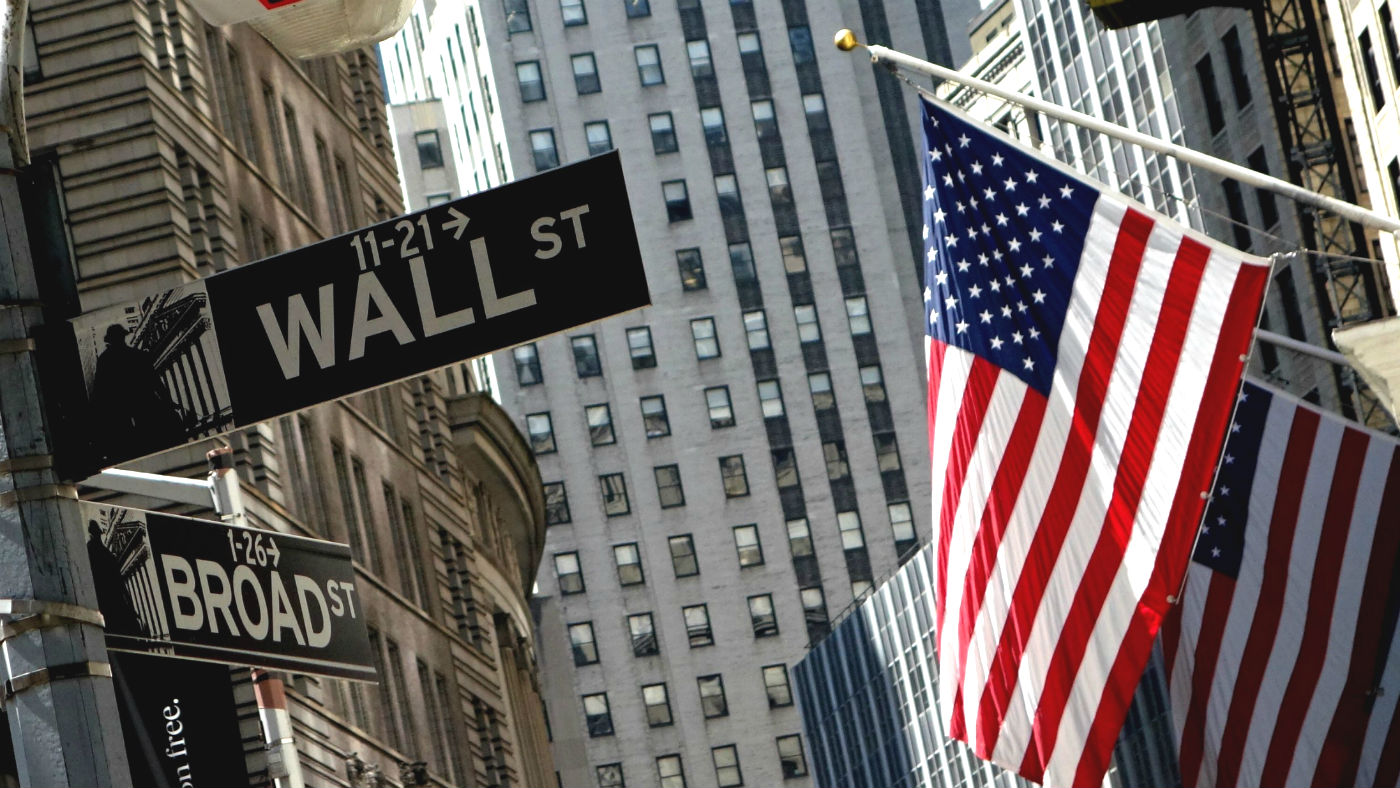US market records longest bull run in history
S&P 500 share index has gone 3,453 days without a fall of 20%, marking the longest rally ever

A free daily email with the biggest news stories of the day – and the best features from TheWeek.com
You are now subscribed
Your newsletter sign-up was successful
The S&P 500 share index, which tracks the 500 biggest public companies in the US, has recorded the longest bull run in its history and is within touching distance of its record high.
By the end of trading yesterday, the benchmark index had clocked up 3,453 days without a fall of 20% or more, marking the longest rally in US history dating back to March 2009 at the height of the financial crisis.
Since then the S&P 500, the broadest measure of the US market, has risen almost 325%; driven by the rise of tech giants such as Apple, Microsoft and Amazon, which has “fuelled some concerns about a tech bubble”, says BBC business reporter Natalie Sherman.
The Week
Escape your echo chamber. Get the facts behind the news, plus analysis from multiple perspectives.

Sign up for The Week's Free Newsletters
From our morning news briefing to a weekly Good News Newsletter, get the best of The Week delivered directly to your inbox.
From our morning news briefing to a weekly Good News Newsletter, get the best of The Week delivered directly to your inbox.
While the gains “have been shaken at times by worries about rising inflation, interest rates and trade disputes”, the performance, “which has coincided with broader economic growth, outstrips global markets”, says the BBC.
The London Evening Standard attributes the surge in stocks to a combination of “Donald Trump’s corporate tax cuts, a strong earnings season and unprecedented central bank stimulation of the economy”.
Unlike previous bull markets, however, the extended winning streak has not precipitated a stock-buying frenzy among the general public.
According to Gallup, only 55% of Americans have money invested in the stock markets, down 10% from April 2007, just before the financial crisis.
A free daily email with the biggest news stories of the day – and the best features from TheWeek.com
While decidedly more stable than previous booms, the question many analysts are now asking is: how long can it last?
“Analysts say steadier returns may signal that the current bull market remains sustainable - at least over the next 12 months or so - assuming that factors like inflation and interest rates remain on their current trajectory,” says the BBC.
However, Jeremy Warner in The Daily Telegraph writes: “The law of averages alone suggests that it must soon draw to a close, as likely as not ended by Federal Reserve tightening [which] could shift the global economy into an at best still growing, but fast slowing, disposition.
“Yet there are at least four other factors, somewhat divorced from the usual ups and downs of the macro-economy, which are also flashing amber, if not outright red.”
He says these are: buyback activity, valuation, computer-driven trading, and the related issue of artificial intelligence, or machine learning.
“All these things break new ground, in that they point to profound changes both in the structure of stock markets and the way stocks are traded,” he says. “It scarcely needs saying that where there is rampant financial innovation, there is nearly always trouble in the making.”
Others are more pessimistic. Bonds giant Pimco, which oversees assets worth $1.7trn, has declared a 70% chance of a global recession within three to five years, as the impact of cheap money fades.
Pimco’s veteran investor Marc Seider said: “Quantitative easing was a tide that lifted all boats. If we were trying to look for historic analogies to the current environment in terms of monetary policy and possible unwind in the period to come, there are none.
“You have to enter in a possibility of a recession in the next three to five years.”